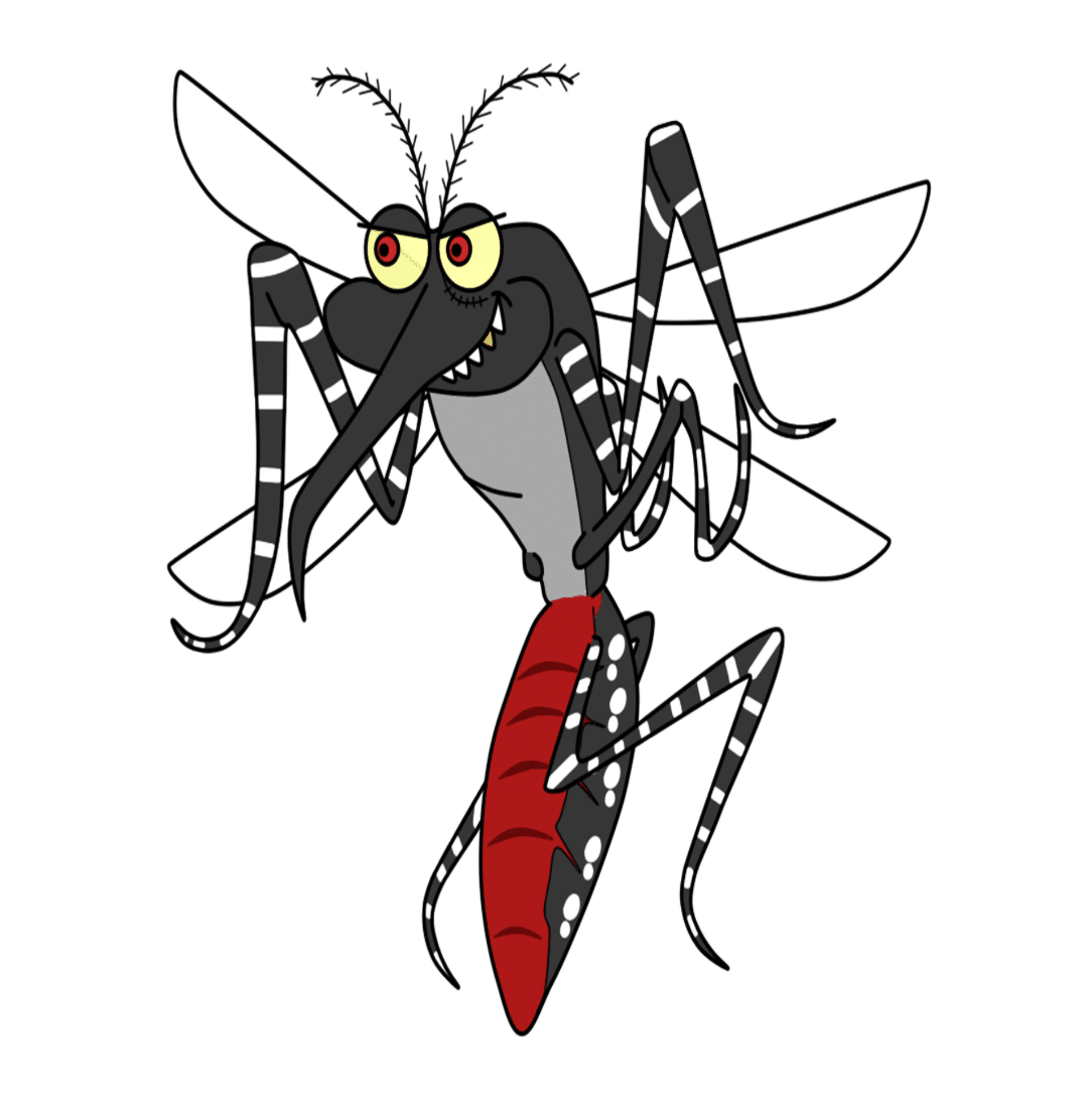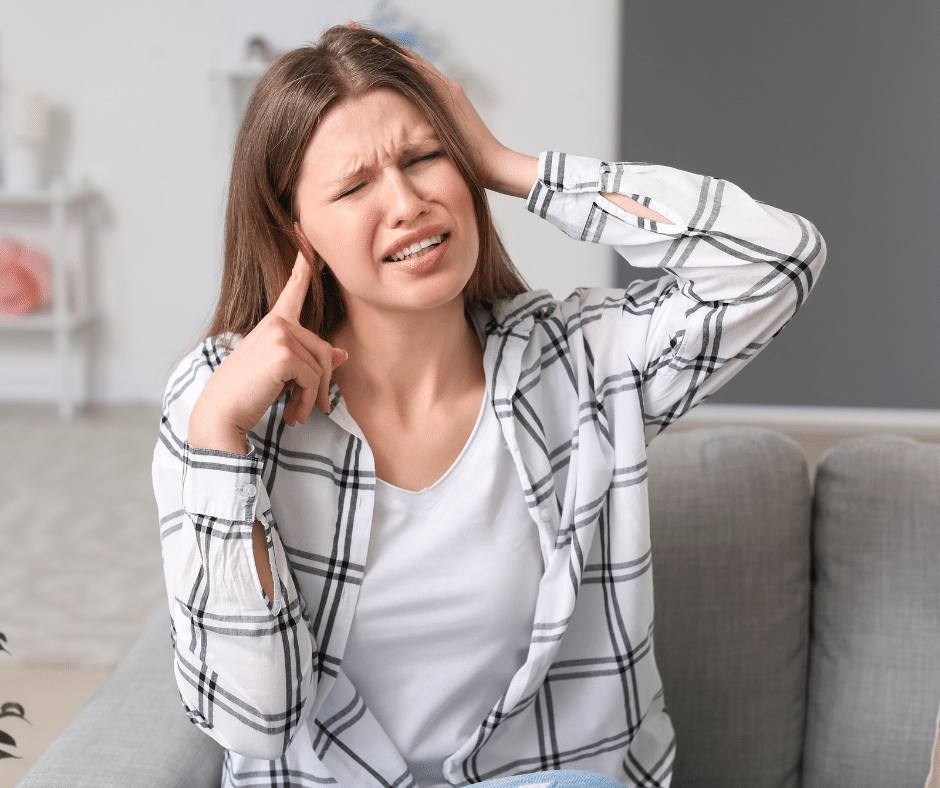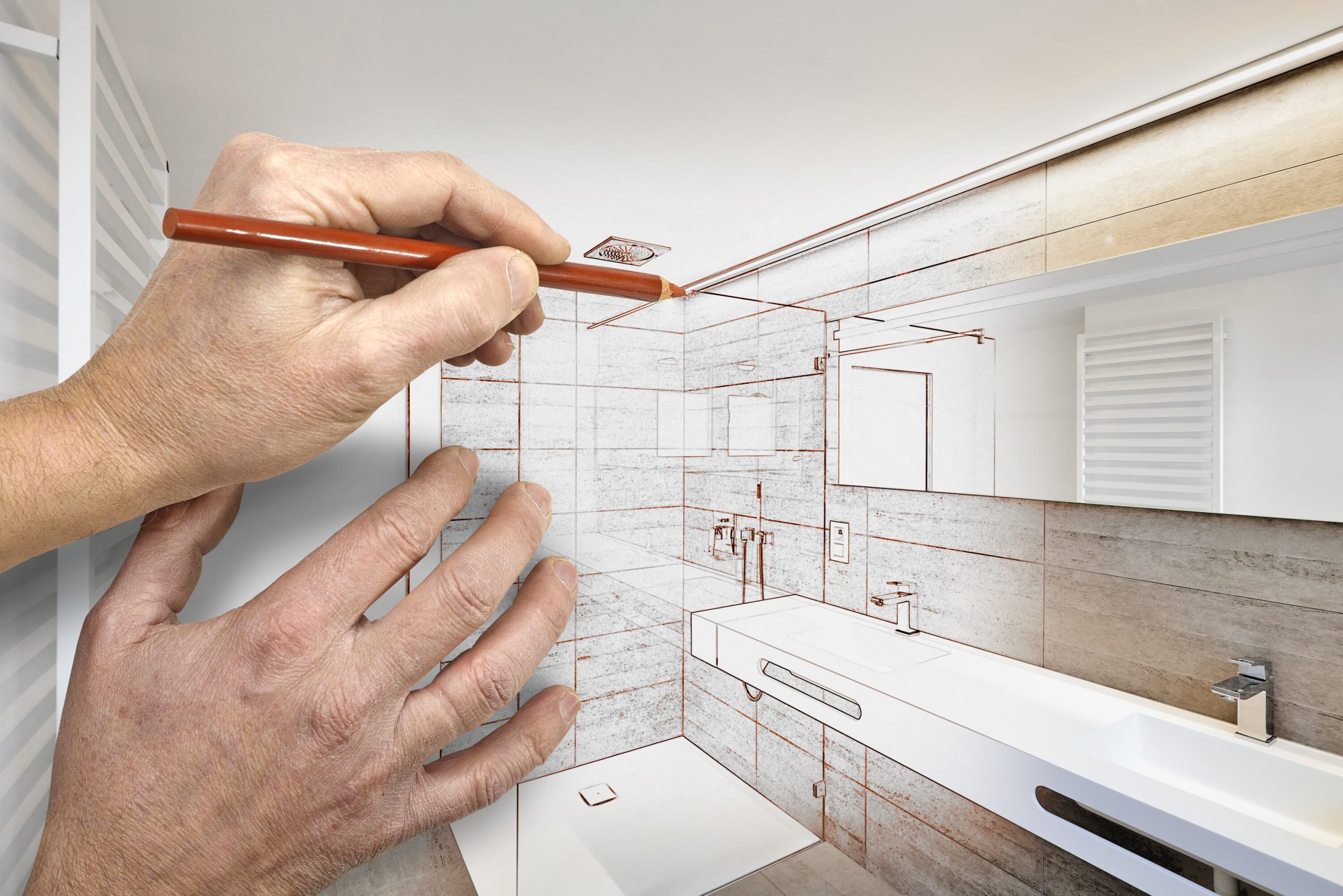5 Reasons Why Your HVAC Unit is Loud Do you find your HVAC unit excessively…

Mosquito Repellant; As If You Needed Another Reason to Love Your HVAC
Ever wonder why we have such a bad mosquito problem in the Tennessee Valley? Mosquitos are attracted to areas of heavy rain and warm temperatures. They are warm-weather pests that cause misery for so many. As there isn’t much we can do about our climate, we make up for it in other ways. The tried and true methods of using sprays, citronella candles, wearing long clothes and keeping standing water away from your home are all useful. Still some get close enough to bite. Every time they bite, mosquitoes inject histamine that cause a great discomfort. As well, they can be deadly for your pets. Heartworm is transmitted by mosquito bites to your pets. That is not the only problem. They can also transmit viruses and infectious diseases like malaria, dengue fever, Zika and West Nile. The range of these potentially-harmful creatures are expanding annually. What if I told you that your HVAC could help?
Cool Off
Mosquitoes are cold blooded. This means, the warmer the temperature the more likely you will find mosquitoes. Most air conditioned homes stay cooler than that on a summer’s day, so indoor mosquito activity tends to be suppressed. Temperatures around 80 degrees are favored by these pests. Keep that AC running smooth all summer.
See Also: Great Moments in HVAC History: Air Conditioning and the New South
Humidity is Their Friend
With a rise in heat there can also be a rise in humidity. By running the cooling equipment in your home you are not only making you house more comfortable for yourself but also making it less humid and inhospitable for the pests. Dry air inhibits breeding of mosquitos. Most air conditioners will keep the humidity of the home below 60%. The dry environment does not attract mosquitoes.
See Also: How Does Humidity Effect Your Indoor Comfort?
Don’t let you HVAC be a Mosquito Incubator
Did you know that the female mosquitoes are the ones that bite? They need it for their egg’s development. Once they have your blood, they will then search for a nearby spot with standing water to lay up to 300 eggs. This could be your HVAC’s condensate drain system. Reduce the likelihood of this happening by making sure your HVAC unit is draining properly. Also look for any obstruction in the unit that may allow standing water inside of it.
See Also: Reduce Mosquitos in Your Yard
Look Ahead for Advancing Technologies
Living in the Tennessee Valley does not put us in great fear of contacting Malaria. Because of this, we are not as aware of the ways technological advancement is helping control the mosquito population elsewhere where it is a problem. One day we may be using one such piece of technology in our HVAC. A Speaker that emits mosquito blasting ultrasonic waves. This kind of sound wave doesn’t harm humans. What is does is stun, paralyze, and even kill mosquitoes.
See Also: Know What Size HVAC and What Degree of Technology is Best For Your Home and Lifestyle
Closed Windows and Doors
When you are using your air conditioner, you probably already have all of your doors and windows shut. If you prefer to just run the house fan during the day with windows wide open, you may be putting your home at risk for mosquito infestation. Keeping your doors and windows shut will greatly minimize the exposure of mosquitos in your home.
See Also: Fall Home Maintenance
Get a Fan
Ever wonder how those pesky blood suckers find you? Carbon Dioxide is emitted by all humans and other mammals. Mosquitos follow trails of CO2 in the air to locate warm-blooded creatures. If you don’t have a HVAC unit, then turn on a fan. This movement of air will disburse the CO2 in your home. Meaning it makes it more difficult for them to find you. It will also give them little reason to come inside in the first place.
See Also: How to Get the Most Benefit from your Fan
For your and your family’s comfort as well as effective mosquito repellant this summer, make sure your HVAC system is in its peak condition.


